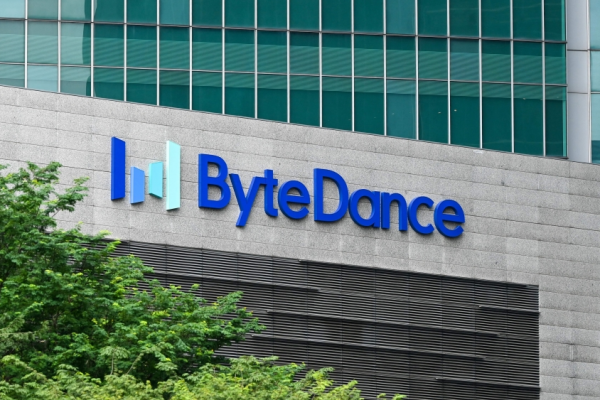India proposes mandating antitrust scrutiny for mergers and acquisitions valued above 20 billion rupees ($250 million), a move, as Reuters reported, appeared aimed at global tech companies with substantial local business.
The proposal is part of a larger overhaul of India's competition law in a bill set to be introduced in parliament on Friday.
Under current law, the Competition Commission of India (CCI) reviews mergers and acquisitions that surpass thresholds for asset size or turnover.
According to Ekaterina Erofeeva, an expert of the BRICS Competition Centre, in India a transaction is subject to control if the total global turnover of the parties to the transaction exceeds $3 billion (with the total turnover in India exceeding 30 billion rupees ($2 million)). Or aggregate global assets of the parties exceed $1 billion (with aggregate assets in India over 10 billion rupees ($600 thousand)).
"In India, global corporations may not have a lot of turnover or assets, and then the antitrust authority in India would not be able to review a transaction that would potentially have a decisive impact on the market or create the risk of killer acquisitions,"
notes the expert.
Facebook's (banned in Russia) acquisition of WhatsApp in 2014 for $19 billion, for example, required no CCI clearance, even as WhatsApp counted India as a major market.The acquisition of WhatsApp also "opened" the eyes of German and Austrian antitrust authorities, which introduced a new criterion for checking mergers and acquisitions in response to the purchase of the messenger.
This deal, which had a huge impact on the market, did not require the approval of antimonopoly authorities, as the turnover of companies did not exceed notification values in most European countries, the expert notes.
If passed in the present form, the incoming amendment may likely result in a jump in (the) number of transactions particularly in new age markets to require prior clearance, Reuters sources said.
New regulations by the CCI will lay out the process to determine whether an entity has "substantial business operations" in India, according to the draft of the bill, which is dated Aug. 2.
As part of the broader revamp of competition law, the government also proposes reducing the time limit for approving mergers to 150 days from 210 days.
It further proposes introducing a settlement mechanism for entities under investigation, after the CCI considered the "nature, gravity and impact of the contraventions," the draft bill stated.




